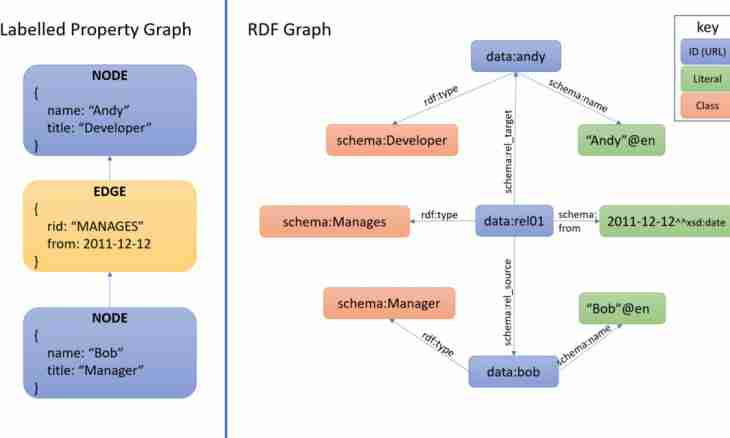Predicate call the principal part of the sentence which is connected with a subject and points out its sign. That is designates what is reported about a subject. Depending on ways of expression the predicates are divided into 4 views.
Simple predicate
If the subject is expressed by a collective noun (youth, students), then the predicate is put in singular: "The song of friendship is begun to sing by youth".
The simple verbal predicate, as a rule, is expressed by a verb in all its forms, including a form of future time of verbs of imperfective aspect. For example: "My sister sings in chorus"; "The letter arrived on time"; "We will insist on the"; "Please, you would eat a little soup".
In all these offers verbs: "sings", "came", "let's insist", "would eat" - are a simple verbal predicate.
Compound predicate
In a compound personalized predicate a personalized part can be expressed by a noun, an adjective, a numeral and a pronoun and also a short and full participle.
The compound personalized predicate consists of 2 parts – a sheaf and a personalized part. As a sheaf, verbs which in itself cannot transfer all completeness of the message act. They point only to grammatical meanings (time, the person, number, a sort). a) the verb to be as a sheaf in a compound personalized predicate lost the lexical meaning and bears only grammatical information. For example: "He was an athlete". Here in a predicate "was an athlete" a sheaf "was" specifies on (pro-highway of BP., the singular, in the masculine). And in the offer "Your daughter will be famous" (quarrystone. BP., the 3rd l., singular). b) the verbs "become", "become", "seem", "be", "be considered", "be represented" not completely lost the lexical meaning, however without a personalized part cannot be used. For example, in the offer "Children became adults" a compound personalized predicate – "became adults". Here the linking of "steel" without a personalized part is not used by "adults". c) the verbs "come", "return", "stand", "sit" have a full lexical meaning, sheaves as the main sense is transferred to a personalized part can play a role in some contexts. For example, in the offer "It came late" the verb "came" is a simple verbal predicate. And in the offer "He came tired" - a compound personalized predicate "came tired". In this offer the major lexical meaning reported about a subject is expressed by a personalized part. The following type of a predicate – a compound verbal predicate. It also consists of 2 parts: sheaf and infinitive. The sheaf does not contain all completeness of information on a subject as calls in this type of a predicate too: a) action phases (beginning, continuation, end). For example: "Children ceased to tell stories and began to play". In this offer of 2 compound verbal predicates: "ceased to tell", "began to play". b) ability, readiness for action, emotional state. "The science can carry away the person who tries to comprehend the world". There is not enough for creation of the offer to tell: "The science can …". The infinitive is necessary to express the major lexical meaning of a predicate. "To carry away" an infinitive (uncertain form of a verb) conveys the main meaning of a compound verbal predicate. The difficult predicate represents a combination of components of a compound personalized and compound verbal predicate. For example, in the offer "She is able to seem modest if" the difficult predicate "is necessary is able to seem modest". Here only in total all parts of a difficult predicate give the necessary information on a subject.

